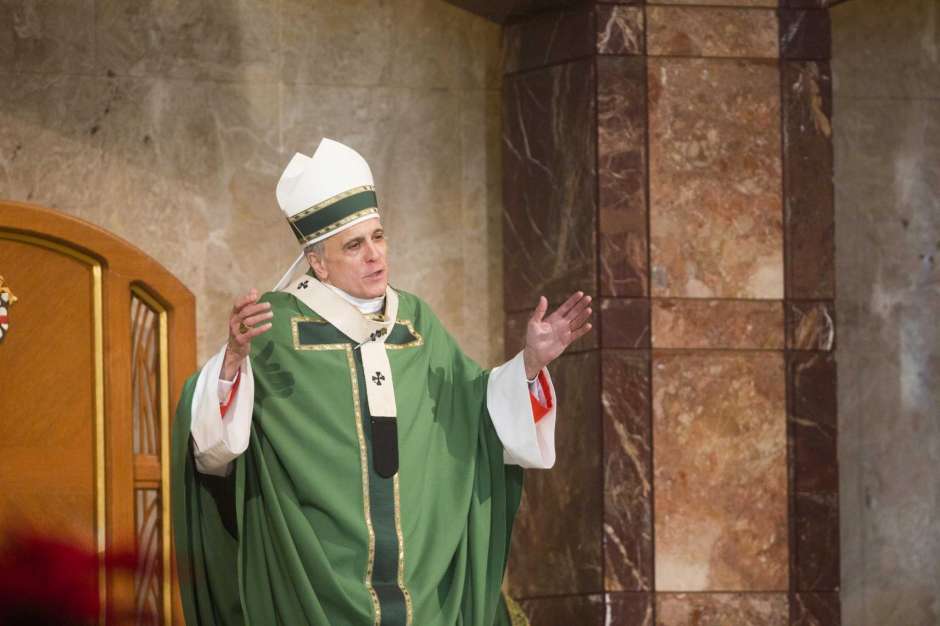The Catholic Hierarchy Still Doesn’t Get It [opinion]
By Michael Norris
After decades of broken promises to clean up the Roman Catholic Church’s sexual-abuse scandal, American bishops made another attempt at reform last week. Unfortunately, the new measures adopted by the United States Conference of Catholic Bishops once again reinforce the idea that the church can investigate itself. These are not the reforms that survivors and advocates wanted. Can we trust an institution to police itself, especially when it has systematically allowed the molestation of our children and the subsequent protection of the perpetrators? For example, within the past year in the Archdiocese of Galveston-Houston, several priests have been allowed to continue in their ministries for months with unfettered access to children despite church officials’ knowledge of multiple accusations of abuse. Critically, these men were kept in ministry without the knowledge of children’s parents in those parishes. This irresponsible act shows that Houston church officials care more about protecting their reputation than protecting the children studying and worshiping within their diocese. Last week, when the U.S. bishops’ conference met to further address the sexual abuse scandal, they approved accountability measures, including a new national reporting hotline to be run by the bishops’ conference. The problem with that hotline, and with the bishops’ other accountability measures, is that they continue to allow church officials to control any information related to sexual abuse that is reported to the church. Under the new “Metropolitan model,” if a metropolitan diocese’s bishop is suspected of either sexual misconduct or covering up crimes, another bishop will investigate internally, and church officials will decide whether the information reported to them should be turned over to police. In a glaring oversight, the new policy does not require lay involvement, but merely suggests it. How could the policy be better? To resolve this crisis, we need transparency and the involvement of secular law enforcement. For instance: Every metropolitan diocese should be required — not just encouraged — to institute a lay review board. These review boards should be augmented to include at least one clergy abuse survivor. Every state attorney general should be able to nominate an investigator for inclusion on the board. To minimize conflicts of interest, every diocese investigation involving a high-ranking member of the clergy should be led by an investigator far from the area where the complaint originated. The national hotline being set up by the USCCB also lacks transparency. The hotline is designed to be independent and confidential, but all reports made to the hotline will be sent to church officials first. Based on Church’s record of handling of sexual abuse cases, we strongly believe that anyone with a complaint should go directly to the police, first.
|
.
Any original material on these pages is copyright © BishopAccountability.org 2004. Reproduce freely with attribution.
